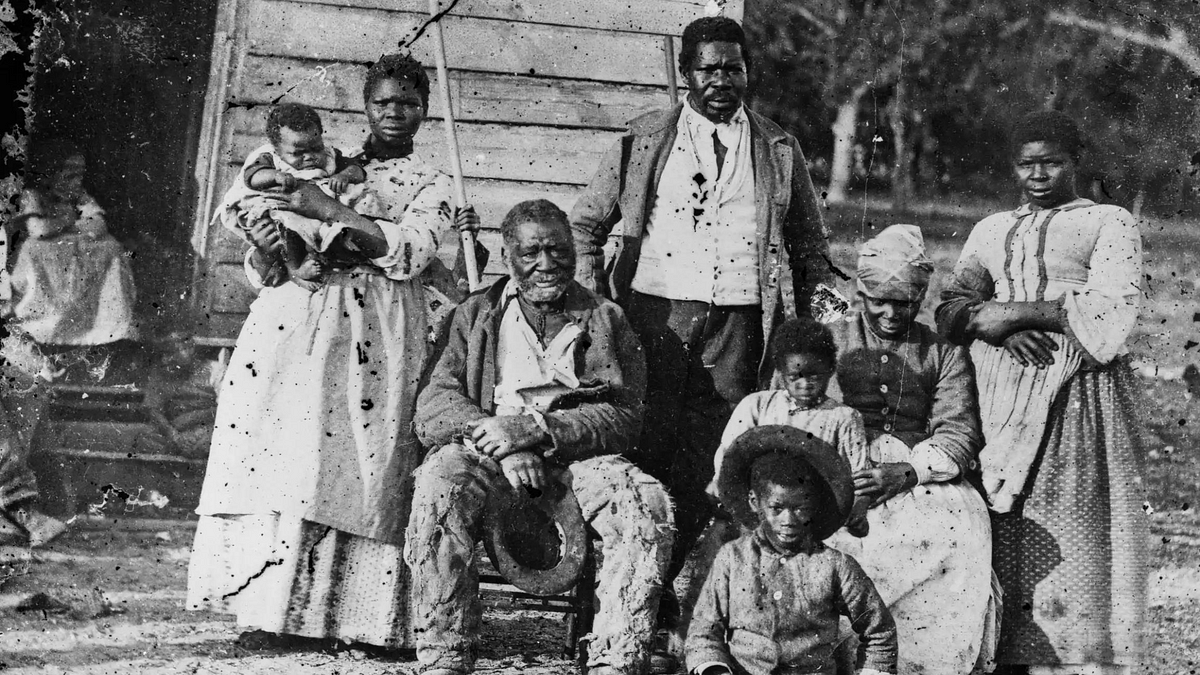The Oppressive History of Slave Badges and Black Surveillance in America
The article discusses the historical use of slave badges in America, which exposed a disturbing legacy of surveillance and control over the Black population. Slave badges were physical tokens that enslaved individuals were required to carry, allowing authorities to monitor their movements and activities. This practice was part of a broader system of surveillance and restriction that denied Black people the basic freedoms enjoyed by white citizens.
The article draws a parallel between the slave badge system and the dystopian scenario depicted in George Orwell's novel Nineteen Eighty-Four, where the government attempts to control every aspect of citizens' lives. This comparison highlights the extent to which the Black community in America was subjected to such oppressive measures, with their freedom and autonomy constantly under the scrutiny and interpretation of the white establishment.
The article emphasizes that the legacy of slave badges and Black surveillance is a shameful chapter in American history, reflecting the systemic oppression and denial of basic rights that the Black population faced. This history serves as a stark reminder of the deep-rooted inequalities and injustices that have persisted in the country, and the ongoing need to address and dismantle these oppressive structures.
요약 맞춤 설정
AI로 다시 쓰기
인용 생성
소스 번역
다른 언어로
마인드맵 생성
소스 콘텐츠 기반
소스 방문
allyfromnola.medium.com
How Slave Badges Expose America’s Shameful Legacy of Black Surveillance
핵심 통찰 요약
by Allison Wilt... 게시일 allyfromnola.medium.com 06-27-2024
https://allyfromnola.medium.com/how-slave-badges-expose-americas-shameful-legacy-of-black-surveillance-37861e66a583
더 깊은 질문
